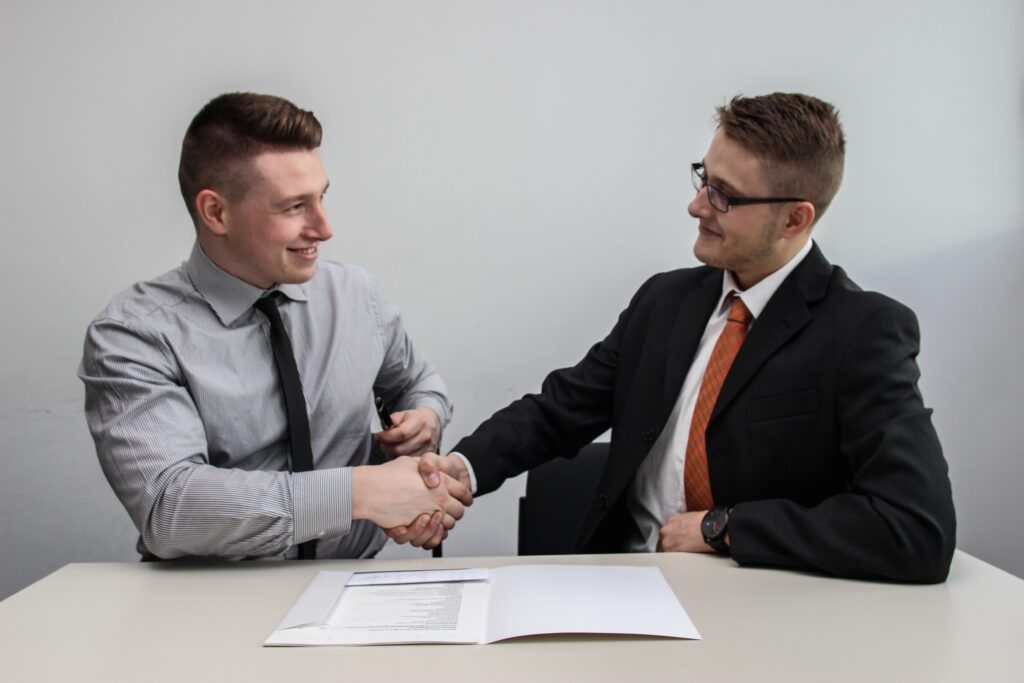‘No Win – No Expert Fee?’
In most instances, an expert witness will be engaged by a law firm and paid a fee before, or upon delivery, of their expert report. However, there are situations in which an expert will be engaged on a contingency basis or, as it is more popularly known, a ‘no win, no fee’ basis. In other words, the expert will only be paid if the case is won by the party that has engaged their services.
But what issues does this raise in terms of the expert’s obligations to the court to provide an independent opinion? Is it possible to be completely without bias when you are dependent on your side of the matter winning in order to get paid?
Hidden in Plain Sight
Exact figures on the incidence of contingency fee arrangements with experts are difficult to obtain, although anecdotally it appears the practice is not uncommon.
The issues that arise from it have been examined by the legal profession at various times, including by the NSW Law Reform Commission in its 2005 Report on Expert Evidence.[1] The submissions made to the Commission by various stakeholders expressed a high degree of concern about such arrangements.
A Threat to Independence or a Force for the Greater Good?
The most obvious concern is one of adversarial bias: that an expert will write an opinion that advocates for the client, in order to present the strongest case and thereby secure their fee. To that end, they may be prepared to sacrifice independence and impartiality. Obviously, this runs contrary to the requirements of the various Expert Witness Codes of Conduct and an expert’s overarching duty to the court to provide an independent opinion.
Those who support the no win, no fee engagement of experts argue that it creates an avenue for poorer clients to obtain expert evidence and, without such evidence, some meritorious claims may never reach the courts. For small scale litigants, the often high cost of engaging expert evidence means that such services are unattainable, resulting in an uphill battle when squaring off against defendants with deep pockets. On that basis, supporters argue that the risk of adversarial bias is counteracted by a greater good. Further, they argue that an ethical expert will maintain their independence regardless of the fee circumstances.
Some observers argue that the current situation of engaging expert witness for a fee already provides a financial motivation for experts to be on a winning side, for instance in order to please their instructing solicitor and thereby obtain more work in the future.
Possible Solutions
One suggested approach to address potential problems is the creation of rules requiring the full disclosure to the court of the financial arrangements between the expert and the engaging party, with a presumption against the court accepting evidence from an expert witness engaged on such a basis.
At present in NSW there is a flexible approach regarding expert witness ‘no win, no fee’ arrangements, with it being required that expert witnesses must provide information to the Court under arrangements whether:
- The fees to be earned by the expert witness are contingent on the result of the proceedings; or
- There are any deferred fees in relation to the provision of expert evidence
However, the provision does not expressly entitle the Court to exclude a report based on a failure to comply with this provision.
Other stakeholders have suggested that the practice be completely forbidden, to the point that it would amount to unprofessional conduct by a lawyer to engage in the arrangement. In a number of overseas jurisdictions, expert testimony engaged on a ‘no win, no fee’ basis has been prohibited. This is the case in US states including Colorado, Tennessee, and Pennsylvania.
A Risky Arrangement
Although engaging an expert on a contingency basis may seem preferable from a cost-saving perspective for those clients without deep pockets, lawyers should keep in mind that such an arrangement can create an inherent weakness in the expert’s credibility, and easy point for the other side to attack an expert on. Lawyers should therefore be wary about such arrangements, and the effect that such arrangements can have on the strength of one’s case.
To read about another issue that may impact on the strength of your case, click here to read our blog post ‘Mind Your Drafts: What Types of Expert Evidence are Discoverable Under the UCPR?’.
References
[1] NSW Law Reform Commission, Report 109 – Expert Evidence (2005) at [9.20]-[9.41].
